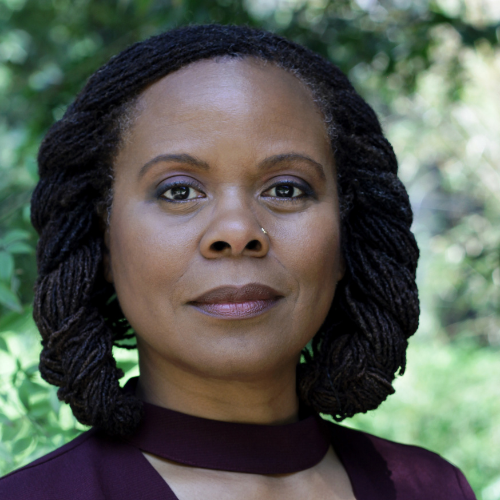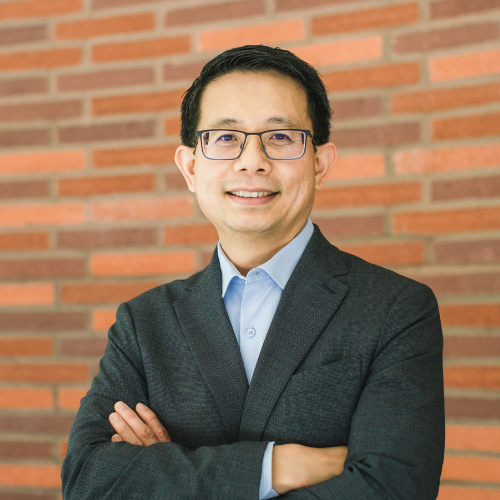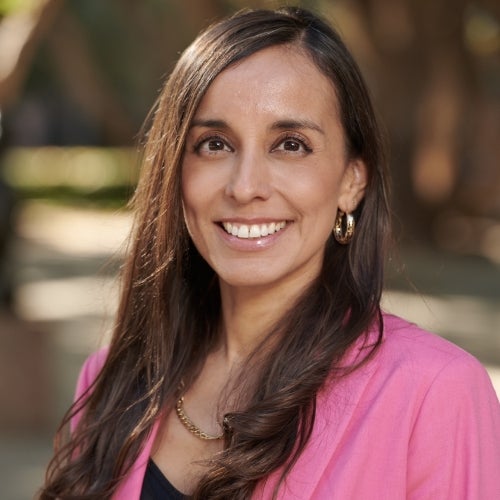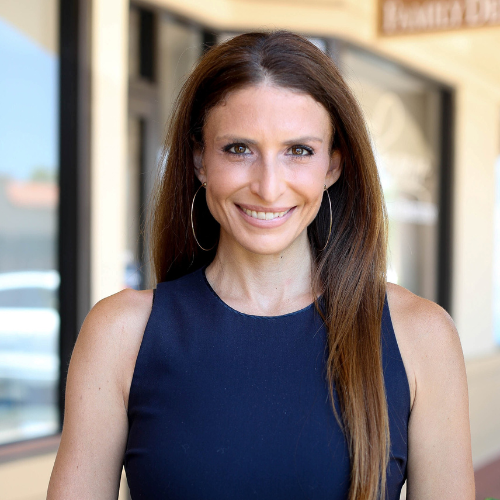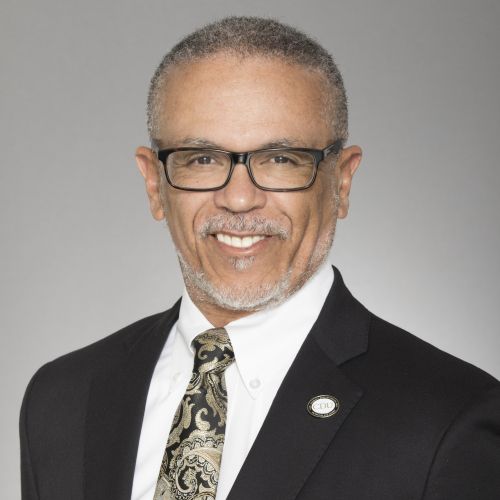"Analyzing the social justice implications of the critical race theory debate"
Diverse Issues in Higher Education interviewed Dr. Chandra Ford, professor in the Department of Community Health Sciences, about critical race theory.
In the summer of 2020, cities, corporations, higher ed institutions and hordes of individuals around the globe declared “Black lives matter” in public statements and on protest signs and streets and sidewalks across the country. The murder of George Floyd sparked a global movement for social justice that saw a growing number of cities vote to defund police forces and reallocate their budgets to fund increased mental health and other social services. In 145 cities across 27 states, racism has been called a public health crisis and several European countries have agreed to return artifacts and control of natural resources to their former colonies. As people around the globe have begun to understand the impact of racism on the world and its systems, they have also started to work to dismantle it.
But there has been a simultaneous effort to prevent people from talking about it. Notably, there is an effort by conservatives in 36 states to block any discussions of race and racism under broad attacks on the idea of critical race theory. And scholars say that while social justice and critical race theory are not synonymous, they are important components in the fight for equity — along with antiracism.
Yvette Pappoe, a visiting assistant professor of law at the University of Maryland Francis King Carey School of Law, says the media, politicians and general public seem to conflate the terms as the same.
